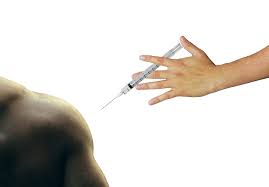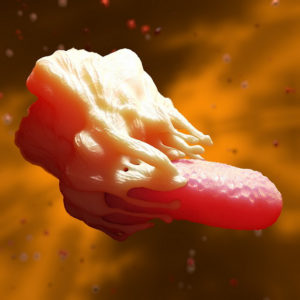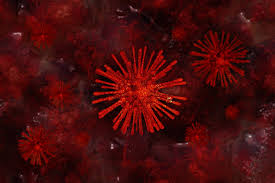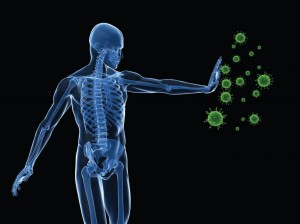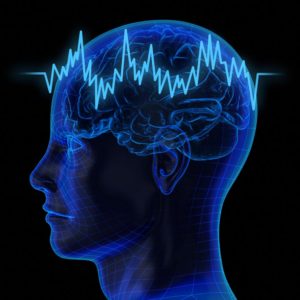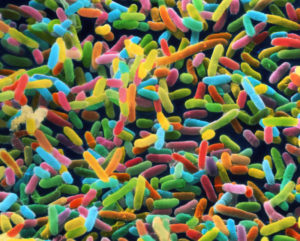Thanks to a remarkable feat of natural molecular engineering that allows our bodies to generate countless different kinds of antibodies against pathogens, COVID-19 survivors typically have scads of SARS-CoV-2–specific antibodies cruising through their bloodstreams. Only a few of those antibodies stick to the virus at the right spot, blocking a protein the virus needs to break into cells, while other antibodies bind to it without stopping infection. By the time a human body has generated these diverse antibodies in sufficient quantities, the original infection is usually nearly over, but the antibodies remain, leaving the immune system braced for a second infection.
For the past few months, scientists have been eager to find the most effective antibodies the human body produces and turn them into drugs. In contrast to convalescent plasma therapies—whereby a hodgepodge of antibodies from recovered patients is given to people battling COVID-19—such “monoclonal antibody” treatments would be standardized, manufactured at scale, and potentially more effective. The treatments could be given to people in the early stages of COVID-19, or used prophylactically to give instant, short-term immunity to vulnerable people such as healthcare workers or those in which vaccines may be ineffective. Technological advances have allowed scientists to find promising antibodies at a record pace. Just this week (June 1), the pharma giant Eli Lilly announced the launch of the world’s first human safety trial with a monoclonal antibody against SARS-CoV-2.
“Before there’s a vaccine, there could be great use for the antibodies in prevention. And even when there is a vaccine, they could be used in therapy,” says Dennis Burton, chair of immunology and microbiology at the Scripps Research Institute in California. But first, “all of these things need to be tested in humans.”
Choosing the best fighters
Vanderbilt University immunologist James Crowe was already working on a long-term project to develop monoclonal antibodies against potential epidemic-causing viruses in late January when it became clear that SARS-CoV-2 was spreading into the US. His team rushed to track down people who had recovered from the infection—ones who had been infected in China who then traveled to the US—and procured blood samples. Using several commercial technologies, Crowe and colleagues screened millions of white blood cells to pick out plasma B cells that carry SARS-CoV-2–specific antibodies by teasing out the cells with viral antigen.
His team then extracted antibody-encoding DNA from those cells and used that as a blueprint to synthesize them into antibodies. Through experiments testing whether the antibodies could prevent SARS-CoV-2 from entering a human cell in vitro, they identified around 400 kinds of antibody that recognized the virus’s spike protein, 50 of which could neutralize the virus in vitro. Several companies Crowe has partnered with—including AstraZeneca, the Nashville-based biotech company IDBiologics, and Ology, a company contracted by the US government to develop and manufacture monoclonal antibodies for COVID-19—are planning clinical trials for some of the candidates in July or August, he says. “[We] literally handed them off to manufacturers within the first few months of an outbreak. That’s what’s different now, is that these technologies have matured to the point where we can compress the time down to weeks—this type of thing used to take years.”
The antibody that Eli Lilly is currently administering to COVID-19 patients, LY-CoV555, was also discovered in some of the first COVID-19 patients in North America, explains Carl Hansen, CEO of the Vancouver-based biotech company AbCellera, which has partnered with Eli Lilly to develop its candidate. “It would normally take anywhere from two and a half years to five years for a program like this to move forward,” Hansen says. But thanks to a rapid antibody identification platform AbCellera scientists have refined as part of the Pandemic Preparedness Program funded by the Defense Advanced Research Projects Agency over the past several years, the researchers were able to go from a blood sample to a clinical trial in just three months….

